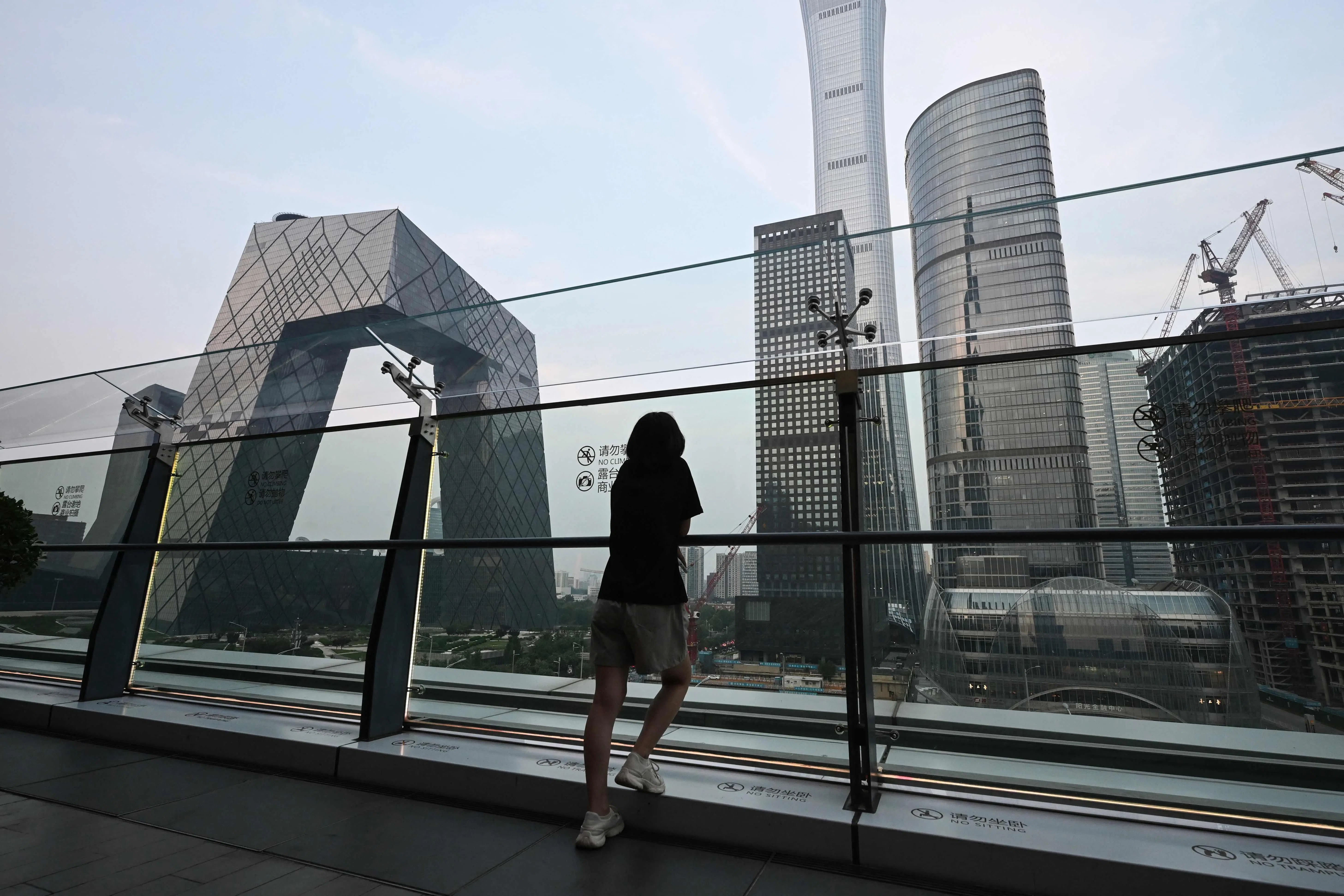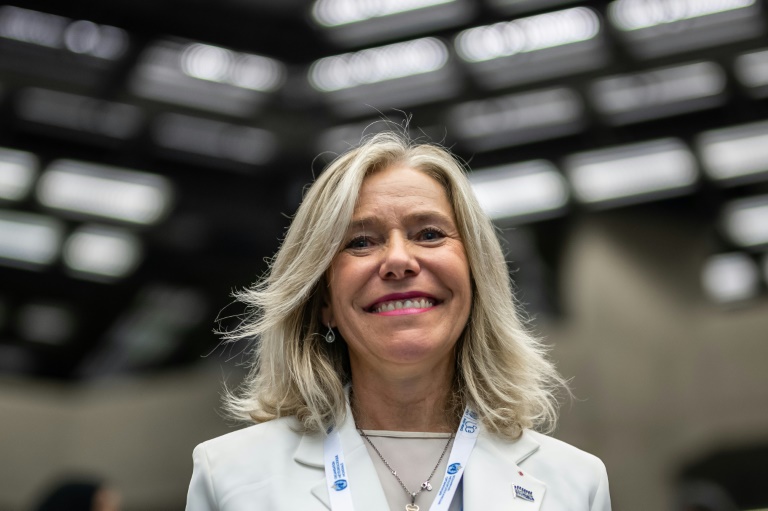[SINGAPORE] ST Engineering’s revenue rose 8 per cent to S$2.9 billion for the first quarter ended March, from S$2.7 billion in the corresponding year-ago period, on the back of broad-based growth across all segments, it said in a business update on Friday (May 9).
Shares of ST Engineering reached a 52-week high of S$7.63 – 1.6 per cent or S$0.12 higher – at market close on Friday.
The Singapore engineering giant commented that its Q1 FY2025 performance was led by “very strong growth” in its defence and public security segment, with revenue jumping 18 per cent year on year to S$1.3 billion, from S$1.1 billion.
The group reported contract wins amounting to about S$4.4 billion for the quarter, bringing its order book to S$29.8 billion as at Mar 31. Some S$7.3 billion of these contracts are expected to be delivered this year.
BT in your inbox
Start and end each day with the latest news stories and analyses delivered straight to your inbox.
Its defence and public security unit secured S$2.7 billion of deals in the quarter. These included high-performance graphics processing unit data centre infrastructure, artificial intelligence-enabled command and control systems, training and simulation solutions and a public camera system for Home Team Science and Technology Agency.
Under this segment, there were also international orders for 40 mm and 155 mm ammunition and defence platform electronics, as well as maintenance, repair and overhaul (MRO) contracts for commercial and naval ships.
ST Engineering group chief executive Vincent Chong said at an analyst briefing on Friday that countries are seeing the importance of having their own defence capabilities amid ongoing geopolitical conflicts. Many of them are trying to build up their capabilities and grow their stockpile, he added.
Meanwhile, its commercial aerospace unit won S$1.3 billion of orders, including 15-year Leap-1A MRO contracts with a Middle Eastern and an Asian airline, as well as a three-year Boeing 787 component service agreement with an Asian airline.
Its urban solutions and satcom segment picked up contracts worth S$500 million in the quarter, including rail electronics solutions for the upcoming Cross Island Line, mobile network upgrades for the Downtown Line and managed services for car parks in Singapore.
The unit also secured satcom ground infrastructure contracts for aviation, maritime, government and defence segments in various regions.
Meanwhile, ST Engineering said it is seeing “strong order momentum” as well as demand for “higher-value solutions” for smart mobility.
It said that it is “moving up the value chain” as a tier-one prime rail contractor in Taiwan. This enables the group to define the work scope and set contractual terms, which translates into higher margins for these projects.
Tan Lee Chew, ST Engineering’s president for smart city and digital solutions, said moving up the value chain provides the group with higher gross margins and more strategic control over the projects. It also puts the company in a more robust position to capitalise on opportunities in large scale infrastructure projects.
The group added that the order book for TransCore, which provides electronic tolling solutions and back-office services in the US, doubled to S$3 billion since its acquisition.
On the ongoing tariff war, ST Engineering said it sees “immaterial financial impact” for the group, but continues to monitor the “evolving situation”.
The company has nonetheless pointed out there might be a potential revenue deferment of less than S$40 million a month from its commercial aerospace segment.
Its president of commercial aerospace, Jeffrey Lam, pointed out that clients are adopting a wait-and-see attitude in view of tariff negotiations taking place.
“This is in anticipation of what could happen, based on the diplomacy that’s going on between countries, and also the feedback from the aerospace and aviation to the respective governments about the impact.
“Instead of paying tariffs upfront, many of the airlines are saying ‘let’s see what happens. We can still tolerate this period of time’, because they have assets, equipment and spare engine.”
The engineering powerhouse does not plan to absorb suppliers’ tariff costs unless a passthrough of the added costs is possible.
Noting potential recession and inflation risks, the group said its diverse business portfolio provides resilience to cushion the impact.






